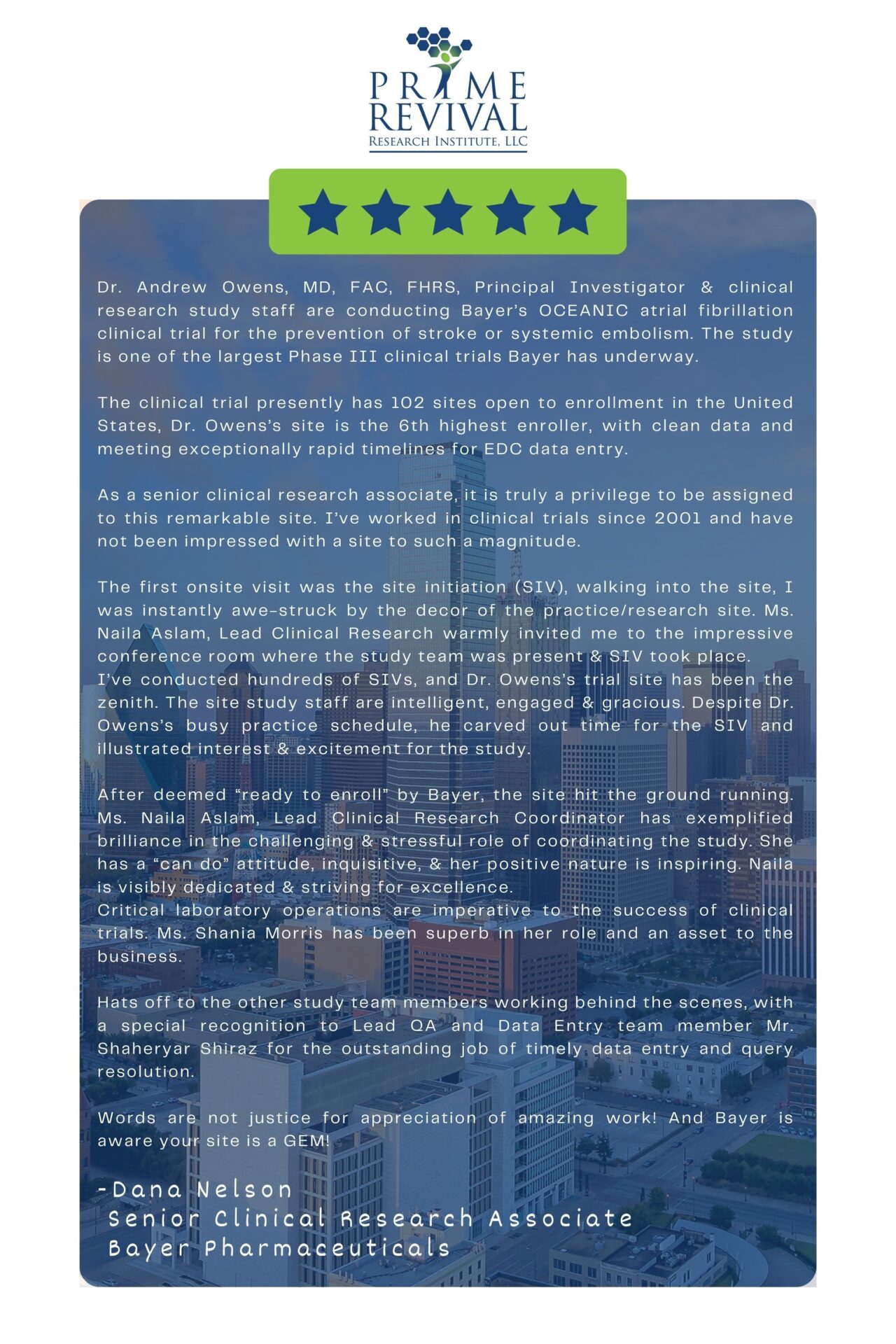Last Updated on November 3, 2023

Background
The thyroid gland is one of the basic units of the human body that controls all the major processes of the body. The thyroid gland produces thyroid hormones that are responsible for controlling the heart rate, mood, metabolism, bone health, pregnancy and other complex body functions. Things go wrong when the thyroid gland starts overproducing or underproducing the thyroid hormone leading to thyroid disorders. Thyroid disorders are majorly classified into two categories — Hypothyroidism and Hyperthyroidism. However, the disorders are not limited to these two categories only.
In this blog, we will dive deep into a rare thyroid disorder called central hypothyroidism, and discuss its causes, symptoms and potential treatment options.
What is Central Hypothyroidism?
We will begin by explaining what central hypothyroidism is and its causes.
Central hypothyroidism, an uncommon and complex condition, is characterized by an abnormality in thyroid hormone production despite a normally functioning thyroid gland. This irregularity is caused by insufficient TSH (thyroid stimulating hormone) stimulation, which is frequently related to problems with the pituitary gland, the hypothalamus, or both. It’s worth mentioning that central hypothyroidism can develop on its own or in conjunction with other pituitary hormone deficits, the latter of which are usually acquired and only rarely congenital.
Some of the common causes of central hypothyroidism include:
- Genetic mutations
- Pituitary tumors
- Chemotherapy drugs
- Radiation therapy
- Infections
How Common is Central Hypothyroidism?
As discussed above, central hypothyroidism is a rare condition that is common in approximately 1 in 13,000 people. However, it requires critical attention as it is a rare condition with slim chances of full recovery and lifelong treatment.
How does Central Hypothyroidism Present?
The symptoms of central hypothyroidism can vary and may include:
- Fatigue: Persistent tiredness and low energy levels
- Weight Gain: Unexplained weight gain or struggling to lose weight
- Cold Sensitivity: Feeling unusually cold, especially in the extremities
- Dry Skin: Dry, pale, or cool-to-the-touch skin
- Constipation: Difficulty passing stool
- Muscle Weakness: Weak or sore muscles
- Slow Heart Rate: Bradycardia, where the heart rate is slower than normal
- Depression: Mood changes, including depression or irritability
- Cognitive Issues: Difficulty with memory and concentration
- Menstrual Irregularities: Changes in the menstrual cycle for women
- Low Libido: Reduced sexual desire
- Hoarseness: Changes in the voice
- Hair Changes: Thin, brittle hair and hair loss
- Puffiness: Swelling or puffiness, especially in the face
- Goiter: An enlarged thyroid gland (less common)
Treatment
The treatment of central hypothyroidism is standard as for other thyroid disorders. Doctors prescribe levothyroxine which is the synthetic version of T4. It is prescribed for daily use to bring T4 levels back to their normal range. Your initial dosage will be determined by your healthcare provider, taking into consideration factors such as your body weight and the severity of your symptoms.
Regular blood samples are required in the beginning after every 4-8 weeks (about 2 months) to check for thyroid hormone levels. This is important as the dosage is adjusted accordingly. Once the thyroid hormone stabilizes, monitoring is required once or twice a year.
It is important to note that central hypothyroidism has no definite cure and treatment is lifelong.
A Word from Prime Revival
Thyroid disorders can be quite distressing as they impact daily life significantly. It is essential to keep an eye on your symptoms of central hypothyroidism to prevent the condition from escalating. Prime Revival Research Institute is a clinical research organization that aims to deliver possible new therapies to help people manage their conditions effectively. Likewise, we are conducting multiple clinical trials to test the safety and efficacy of an investigative natural therapy for people with hypothyroidism.
Bottom Line
While hypothyroidism is indeed a rare condition, its scarcity doesn’t diminish the significance of the attention it warrants. Despite its infrequency, it remains a condition that demands thorough consideration, diagnosis, and management. This is because central hypothyroidism, although uncommon, can significantly impact an individual’s health and well-being, making it crucial for healthcare professionals to remain vigilant and knowledgeable about this condition. Early detection and proper treatment is essential to ensuring the best possible outcomes for those affected by it.


